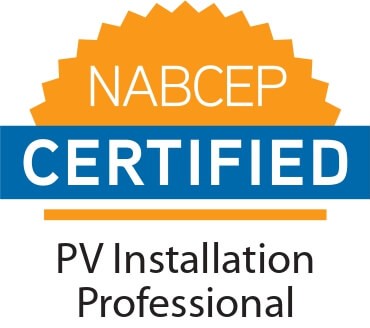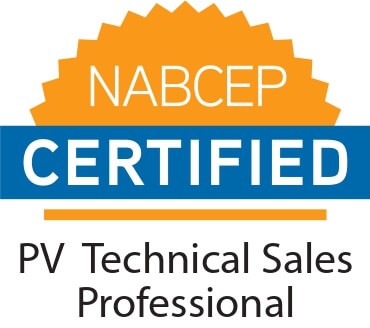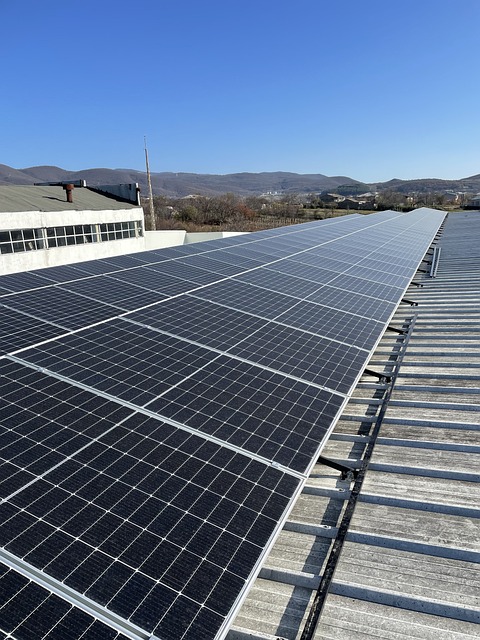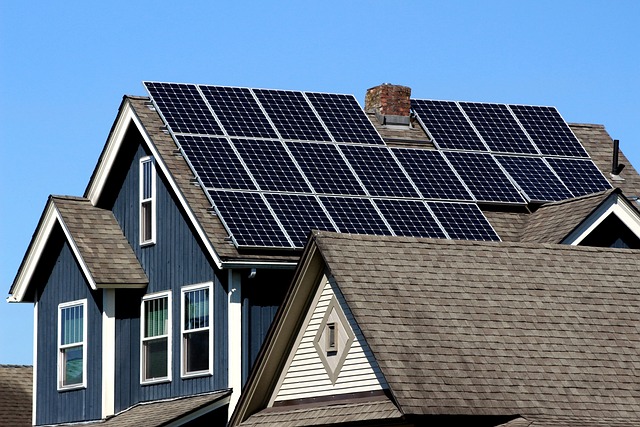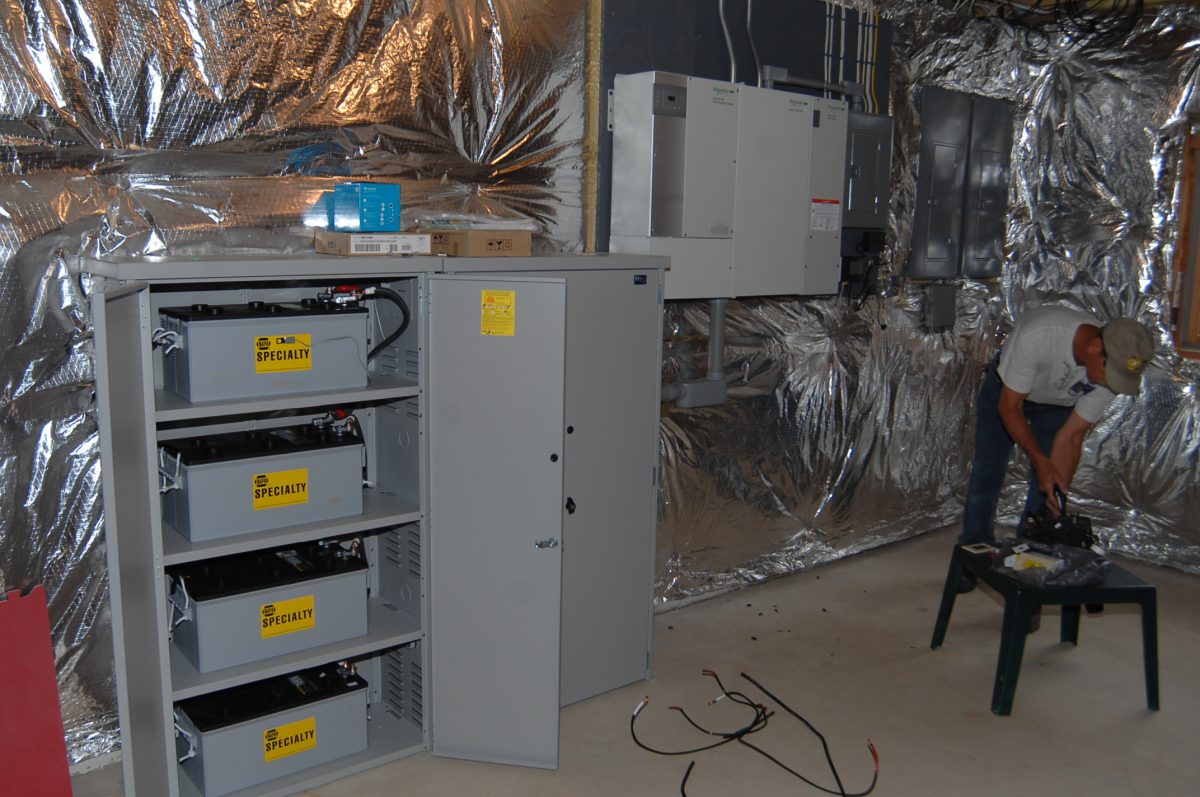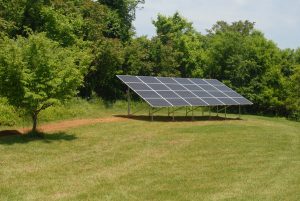As the need for sustainable practices and environmental responsibility has become more important, companies are increasingly adopting green initiatives to reduce their carbon footprint. Installing solar power systems is one effective and popular solution for businesses to meet their environmental goals.
Solar power systems harness energy from the sun and convert it into electricity, providing a renewable and clean source of power. By integrating solar energy into their operations, companies can significantly reduce their reliance on fossil fuels and decrease greenhouse gas emissions.
Here, we explore how companies can meet their green initiatives and lower their carbon footprint through solar power installations.
Use a Renewable Energy Source
Solar is a renewable energy source. Unlike traditional sources of electricity, such as coal or natural gas, solar energy will never run out. By installing solar power systems, companies can reduce their dependence on finite fossil fuel resources and demonstrate their commitment to sustainable practices.
Lower Energy Costs
Investing in solar power systems can also help companies lower their energy costs in the long run. While businesses will need to pay for the initial installation, the return on investment can be significant over time.
Sunlight is free, making the cost of generating solar energy lower than continuously relying on grid electricity. By generating their own electricity, companies can offset their electricity bills and potentially even sell excess power back to the grid.
Reduce Your Carbon Footprint
Carbon dioxide emissions from burning fossil fuels have a significant impact on the environment. Installing solar power systems allows companies to transition towards a cleaner energy source, reducing their carbon footprint significantly.
By switching to solar energy, businesses can positively contribute to environmental preservation, mitigating the harmful effects of greenhouse gas emissions on our planet and sustainably powering their operations.
Take Advantage of Tax Benefits
Federal and state governments typically provide various tax benefits and incentives to encourage businesses to adopt renewable energy solutions. These incentives can help offset the initial costs of installing solar power systems and make them more financially viable.
For example, many states offer a percentage of the total solar installation cost as a tax credit or a flat tax credit for commercial solar installations. By taking advantage of these incentives, companies can accelerate their transition towards sustainable practices and realize substantial cost savings.
Show Consumers You Care
Consumers today are becoming increasingly conscious of the environmental impact of the products and services they support. By embracing solar power systems, companies can enhance their brand image and reputation as environmentally responsible organizations.
A commitment to sustainability can attract eco-conscious customers, stakeholders, and potential investors who align with the company’s green initiatives, giving businesses that invest in solar more opportunities to grow.
Schedule a Solar Consultation With Us
As the world continues to move towards renewable energy, investing in solar power systems not only aligns with environmental goals but also ensures long-term sustainability and success for companies in the ever-evolving business landscape.
Curious about how solar can help your company meet its green initiatives and lower its carbon footprint? Find out by scheduling a free consultation for commercial solar with Milestone Solar today!

